Coronavirus: Police, defence force establish ring of steel around Melbourne
Melbourne has woken to empty streets and checkpoints. The army and drones will also police lockdowns.
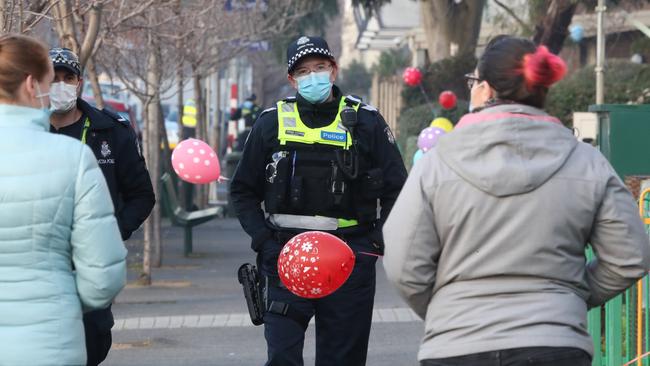
More than 1000 police and Australian Defence Force members will patrol Melbourne from Thursday as the city’s five million residents are shut off from the rest of the state, which has also isolated itself from the nation.
Armed with drones and number plate recognition technology, the police and ADF members began patrolling the perimeter of metropolitan Melbourne and the Mitchell Shire immediately to the north as the lockdown, which could last for six weeks, began at midnight.
The city experienced traffic chaos on Thursday morning as police cracked down on motorists moving around metro areas.
Checkpoints were established between metro Melbourne and regional areas, and police also kept an eye on vehicles moving within the locked down zone.
Victoria’s second-worst tally of 134 new cases on Wednesday followed its worst of 191 on Tuesday, highlighting the challenge the state faces in trying to stamp out a second wave of coronavirus infections, which with 860 known active cases is already much worse than the first.
New cases were linked to five separate aged-care homes across Melbourne, and Brunswick Private Hospital in the city’s inner north closed to new patients following infections in four patients and a staff member, with cases also linked to St Vincent’s Hospital, The Alfred, the Royal Melbourne and the Royal Women’s.
The cluster in the locked-down housing commission flats in Melbourne’s inner northwest rose to 75 cases, and the outbreak at Islamic school Al-Taqwa College rose to 102.
“I am not pleased to be in this set of circumstances,” Premier Daniel Andrews said. “I apologise for the inconvenience, the great challenge that many, many Victorians are going to have to experience over the next six weeks.”
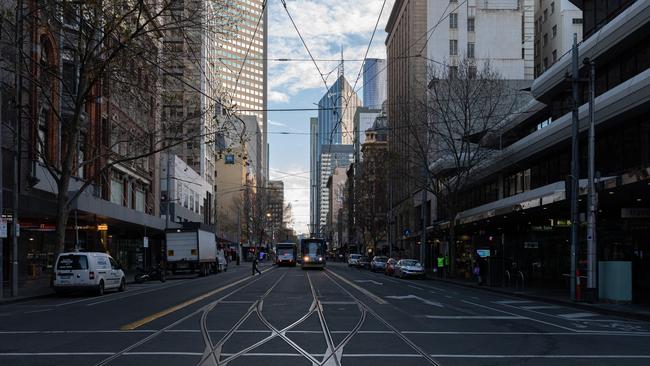
Newly minted Victoria Police Chief Commissioner Shane Patton issued a clear warning to those thinking of disregarding public health directives. “The window of police discretion is closing,” he said. “There’s only a little crack in that window still open … we’re way past a discretionary aspect.”
Mr Patton’s attempt to make an example of 15 “stupid, selfish, reckless” people he said had each been issued with a $1652 fine for attending an Airbnb party in Melbourne’s Southbank on Sunday night backfired when Victoria Police confirmed on Wednesday they had withdrawn all 15 fines.
Until the lockdown came into force on Wednesday night, the Chief Health Officer’s rules allowed up to 20 people to gather in tourist accommodation.
Emergency Services Minister Lisa Neville also talked tough, warning Victorians they would be punished just as harshly for breaking the rules of this lockdown as they were during the last.
Victoria had imposed 5957 fines as of May 28, compared with 1290 in NSW and 2069 in Queensland.
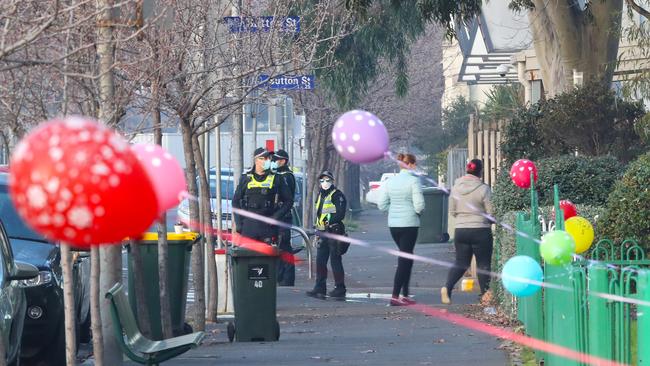
“For those who want to blatantly and obviously and deliberately breach these directives of the Chief Health Officer: police will be there, whether you’re breaking your quarantine at home, whether you’re having parties, whether you having people over to your place, or whether it’s about you trying for no good reason to go to regional Victoria,” she said.
Melburnians caught breaching the public health directives face fines of more than $1652 for individuals and $9913 for businesses. Under stage three social distancing restrictions, people can leave their homes only if purchasing food or other essentials, seeking medical care, attending work or study that cannot be done at home, exercising or caregiving.
Booze bus-style set-ups will be deployed at roadblocks and checkpoints across Melbourne’s perimeter, with officers using number plate recognition technology to scan registration details and identify the residential addresses of licence holders. “It won’t be an absolute ring of steel but there’s going to be a significant police presence,” Mr Patton said.
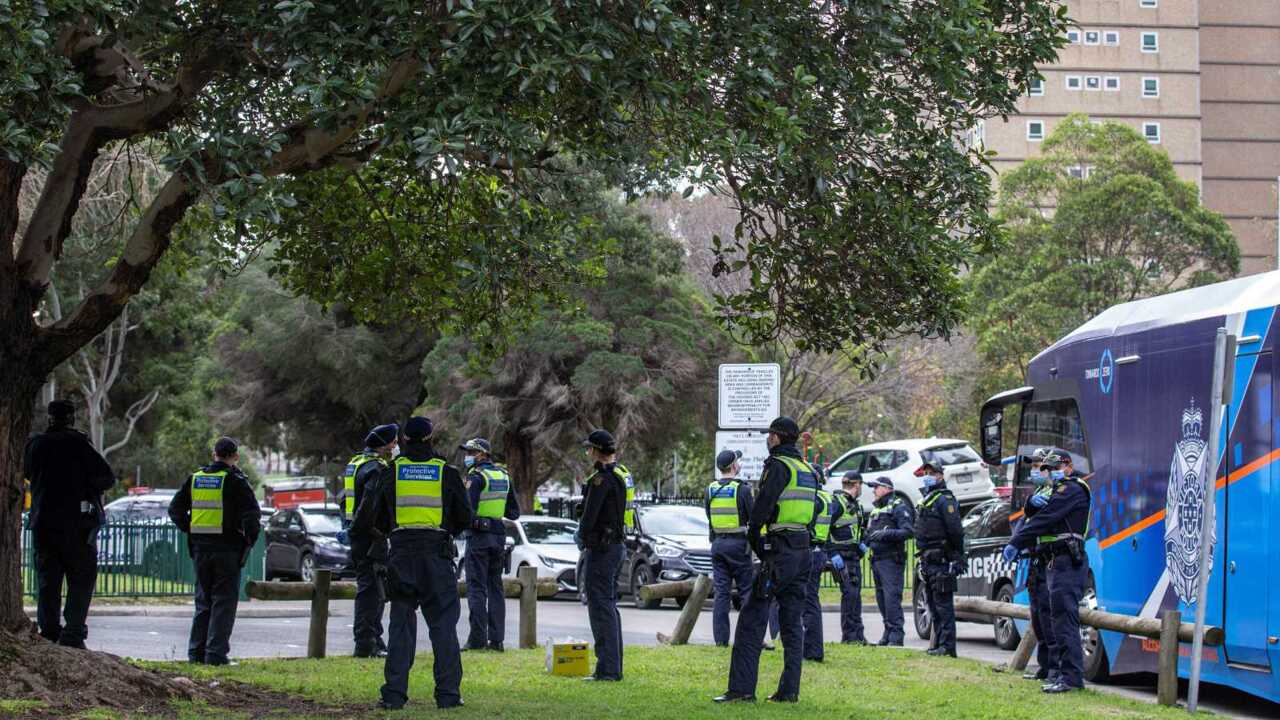
Traffic flow on major arterial roads such as the Hume, Calder, South Gippsland Freeway, Princes Highway and Geelong Road will be monitored.
Motorists crossing the border from Victoria into NSW at Albury-Wodonga faced queues of up to two hours on Wednesday as NSW police stopped every vehicle to check for a permit.
On the first morning of the border closure, traffic several kilometres long snaked along the Lincoln Causeway in Wodonga, extending back to the turnoff from the Hume Highway.
Despite the permit system operated by Services NSW coming online only at 7pm on Tuesday, all motorists were being asked to prove they had a legitimate right to make the border crossing.
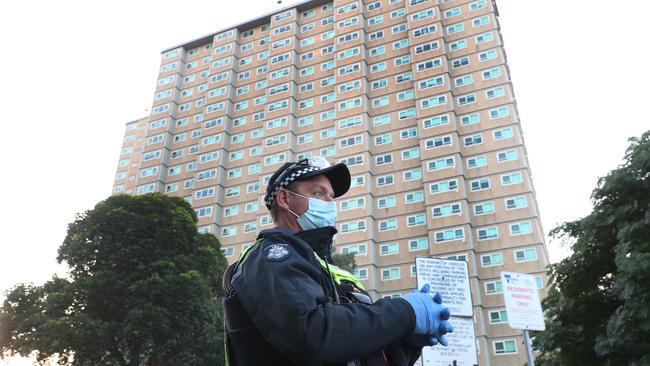
People can obtain permits if they are local residents or live within 50km of the border. Others in Victoria must have a specific reason to enter NSW, such as providing a critical service, needing essential medical treatment or returning home.
Those returning to their homes in NSW from Victoria must self-isolate for 14 days; there are separate arrangements for people in border regions.
NSW Premier Gladys Berejiklian urged people at border crossings to be patient in coming days as the new system bedded down.

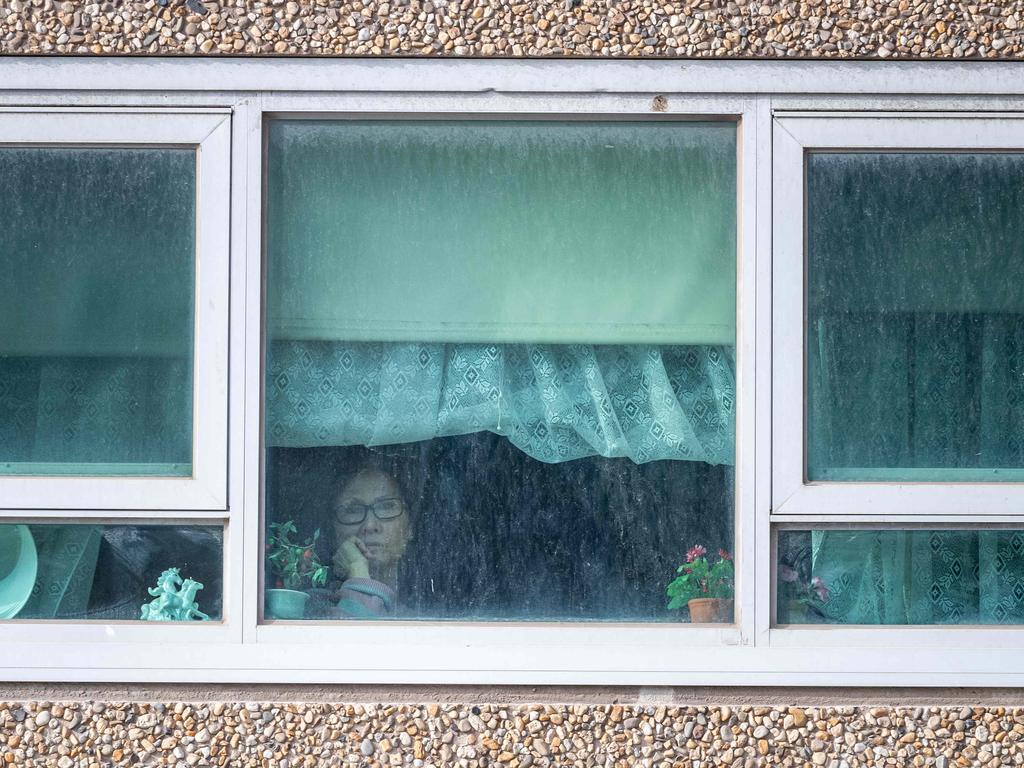

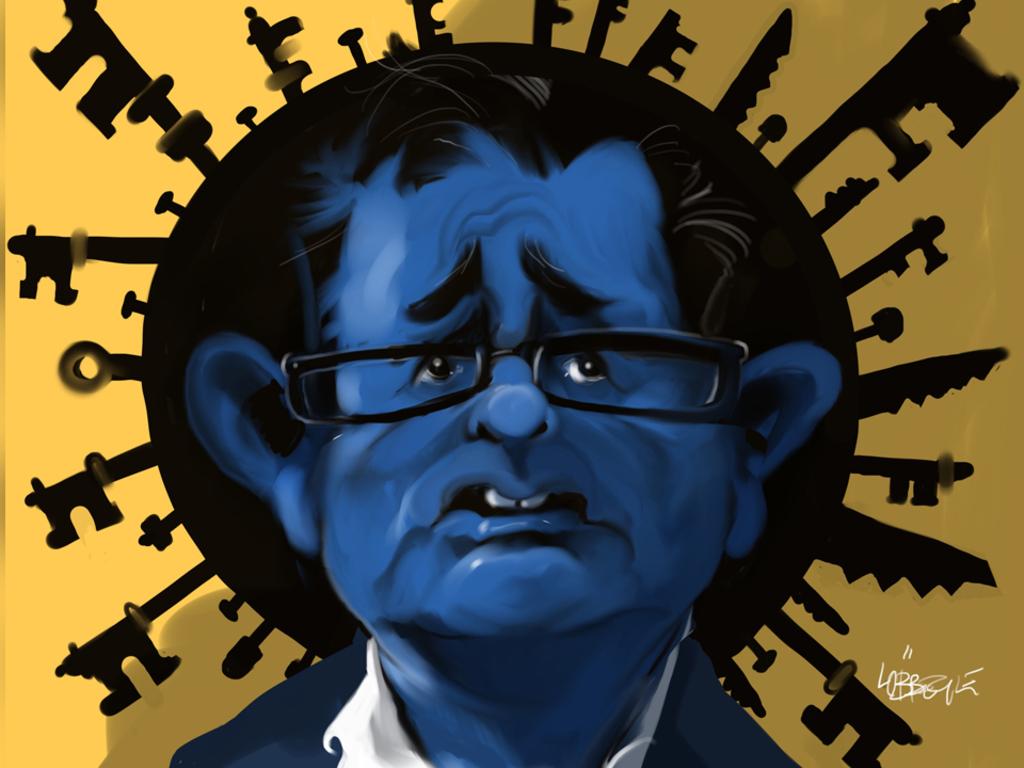



To join the conversation, please log in. Don't have an account? Register
Join the conversation, you are commenting as Logout